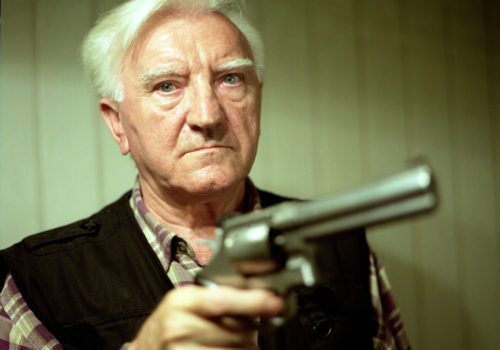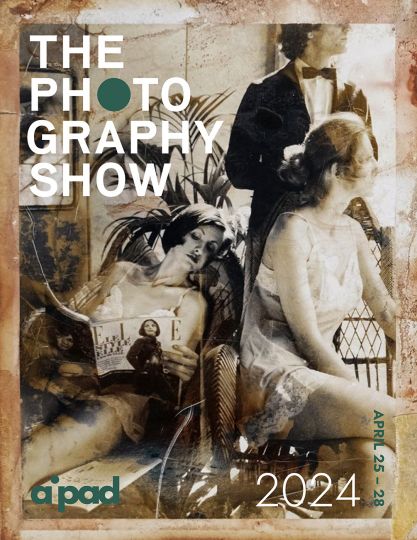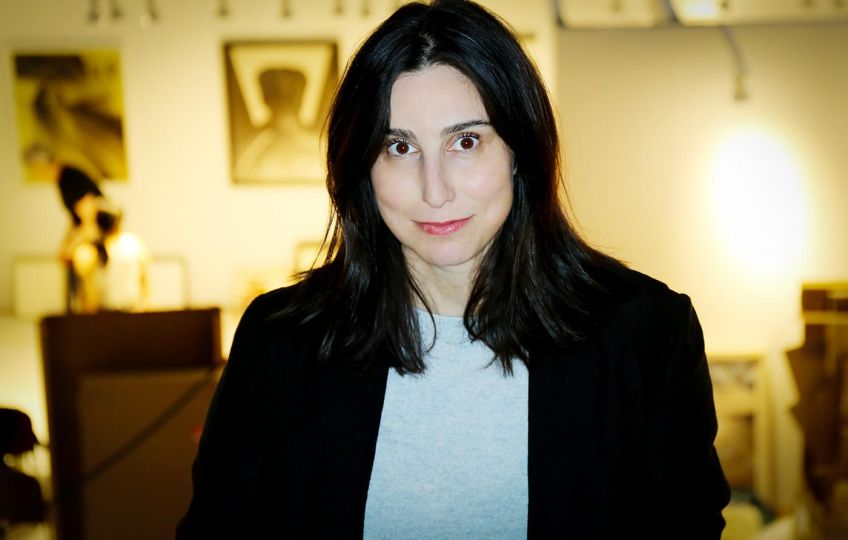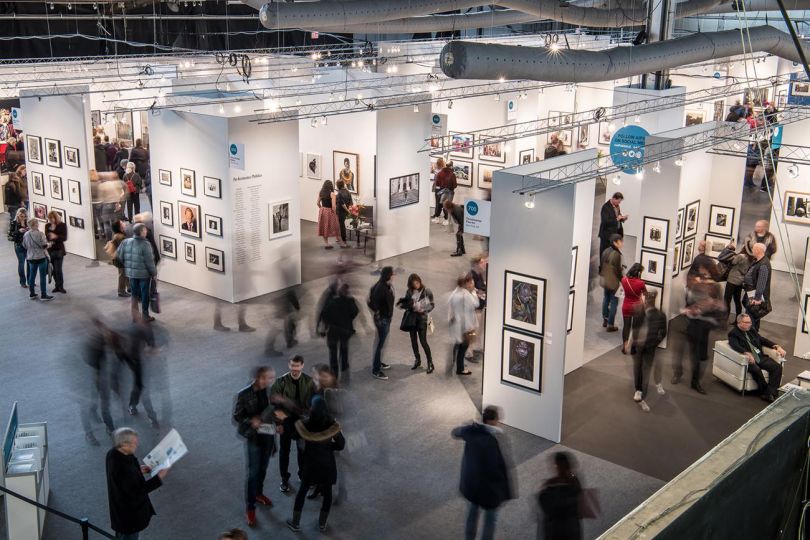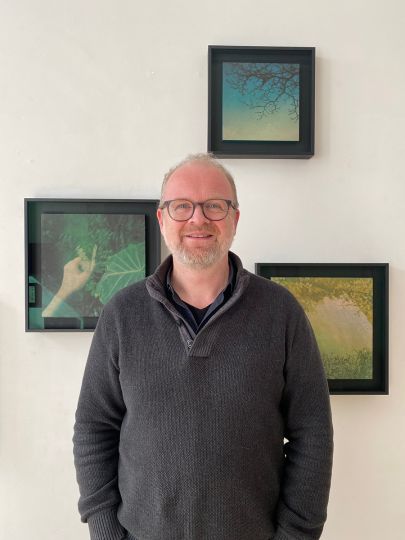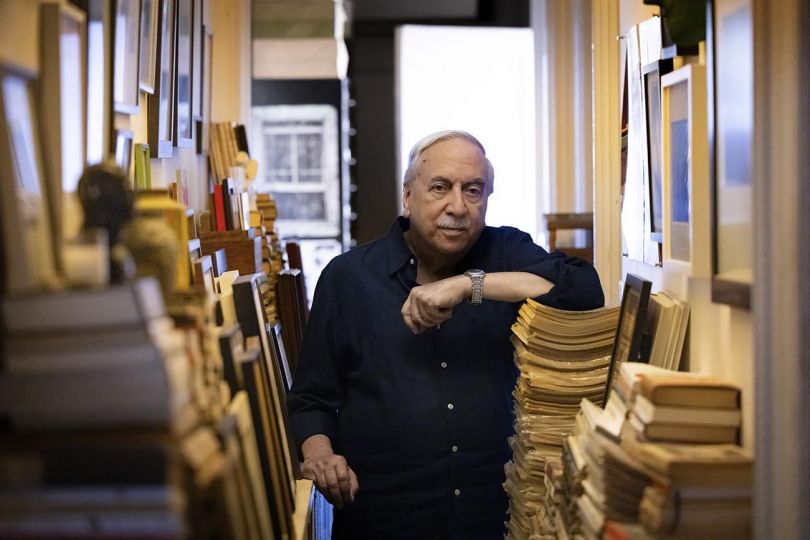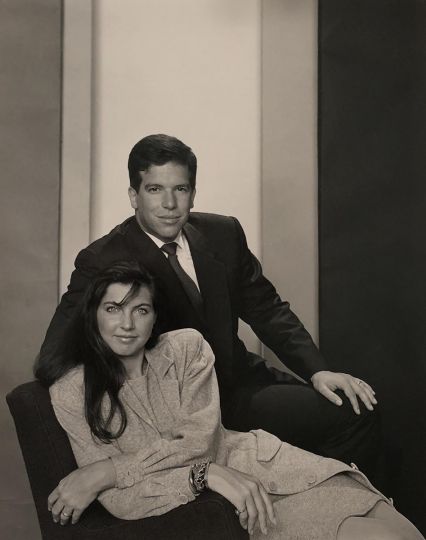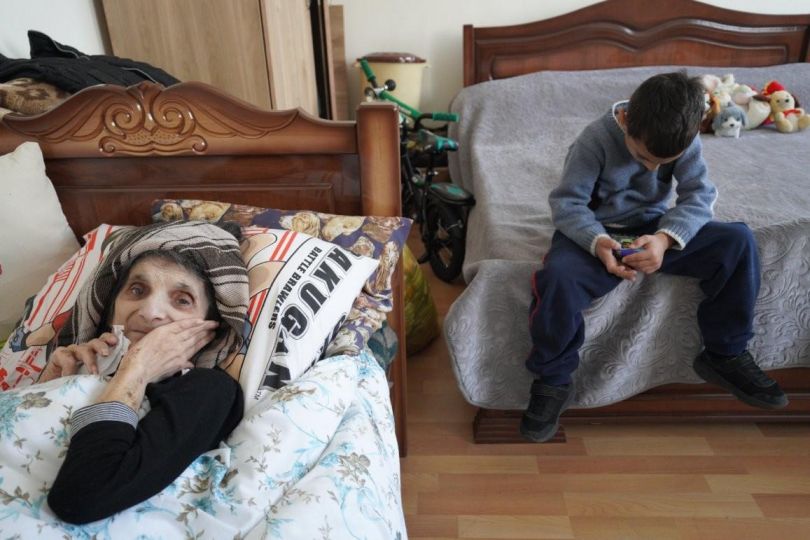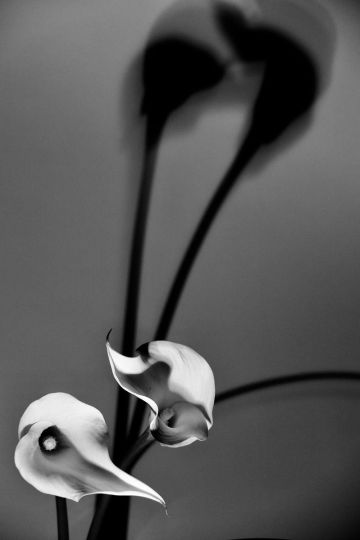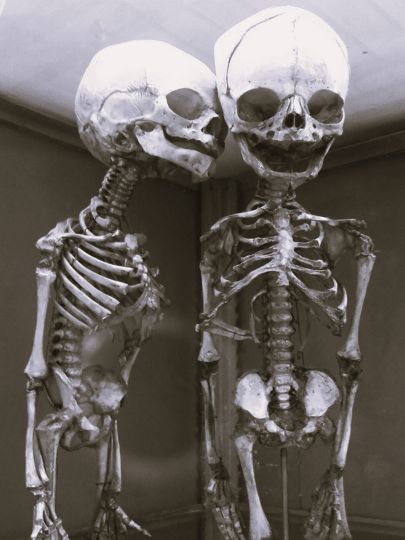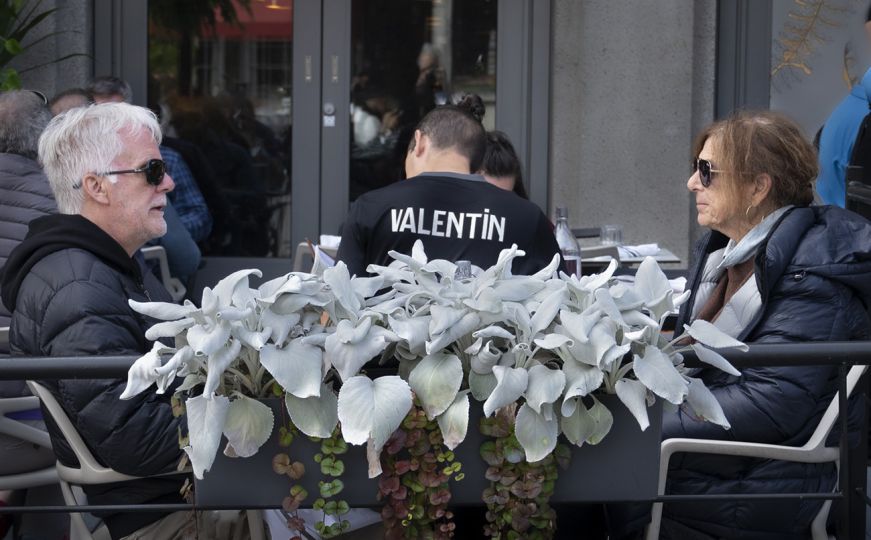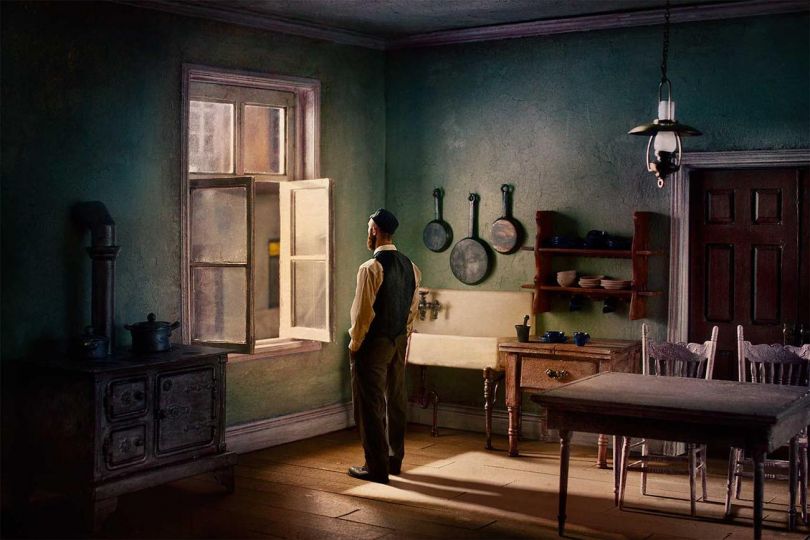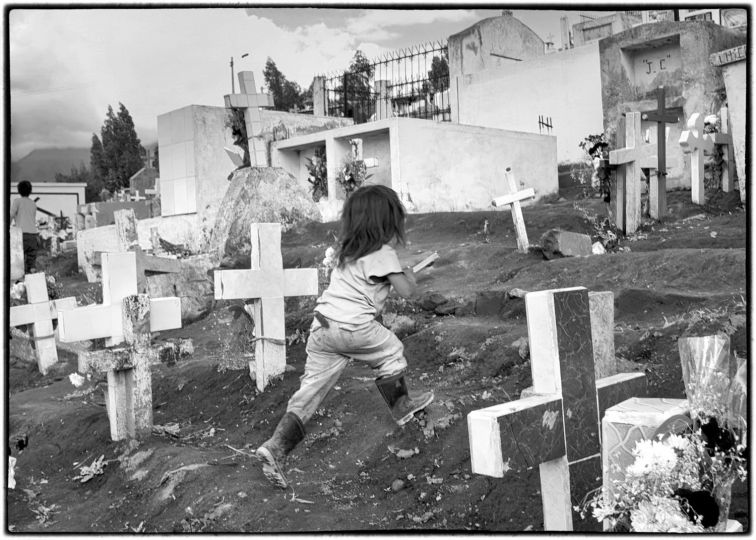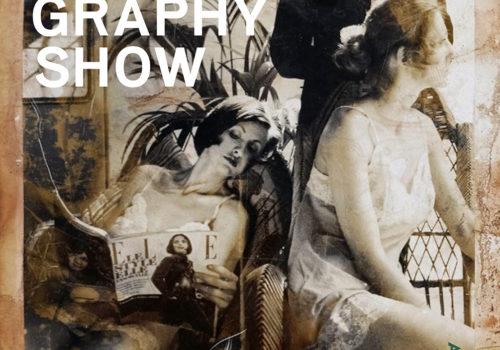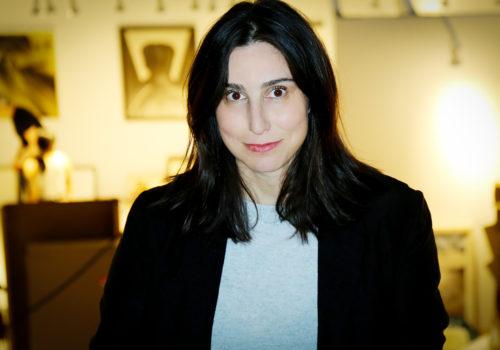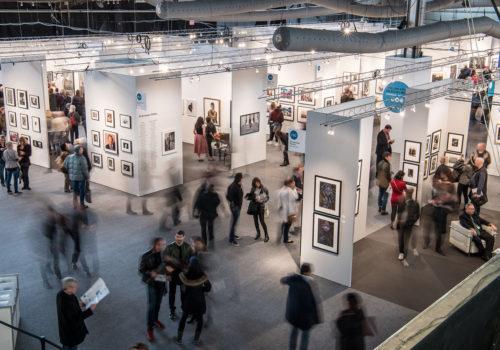Frank Rothe is interested in people and their stories. He looks tenderly at the quotidian details of ordinary lives and anticipates connection with his own. In a recent statement, he describes his own neighborhood: “I can see the sun set, it gets dark in Berlin, slowly. People on the other side of my street…turn lights on in their flats. They sit in front of their TV´s, or cook a meal in their kitchens or do nothing, maybe staring at the light in my flat. It’s an ordinary moment, very normal, nothing special in it. But life is like that – waking up, going to work, coming home and doing something else, meeting friends, talking with their wives or husbands, playing with their children.”
German Guns is about ordinary people and the objects they own, but neither the people nor the objects can appear without inferences. Germans, for many of us, continue to carry the horrific legacy of Nazism; a German with a gun is somehow more frightening than a Czech, a Belgian or a Dane with one. At the same time, today’s Germany is not associated with violence. We are used to the stereotype of gun-loving Americans; the German equivalent runs more to beach-chair appropriation, bureaucracy, and sausage.
In any hand the gun is a transformative object. It changes power in relationships. Yet in the portraits of ordinary people that Rothe has made, the gun often appears incongruous to the point of ridiculousness. A young adolescent girl, with pre-raphaelite hair, pale skin and an air of vulnerability looks wistfully at the camera, her slight form dwarfed by an enormous rifle, the barrel of which appears to be so long as almost to exceed the photographic frame. In another, a delicate man with impeccable posture stands in the woods wearing a perfect ensemble that would not have seemed out of place in the 19th century — a Tyrolean-style Loden jacket, matching hat and a dainty bird rifle. The ironic tension between what we know the pictures to be and the way they look is part of the power of these images.
These portraits are beautiful and affectionate. Their ability to disturb depends on the ordinariness of the people depicted. They are without polemic but they are not a-political. Rothe’s tribute to the value of ordinary lives,quoted above, ends thus: “These scenes you will find world wide. And therefore I´m against war.” By making pictures that engage us both intellectually and emotionally, and by valuing the commonplace above all, Rothe comments on his history and his present circumstances, and illuminates our own.
Alison Nordström Curator of Photographs, George Eastman House

